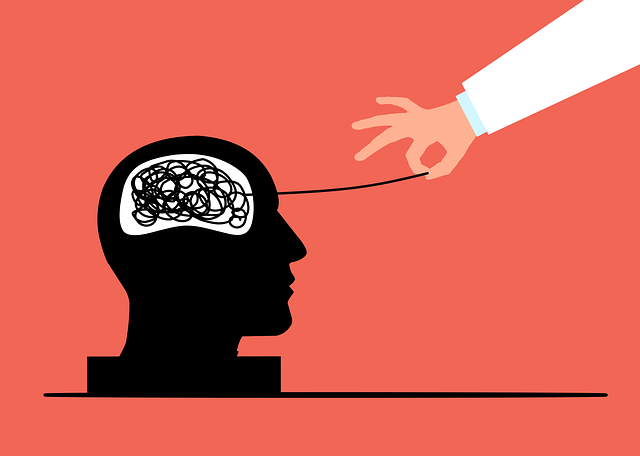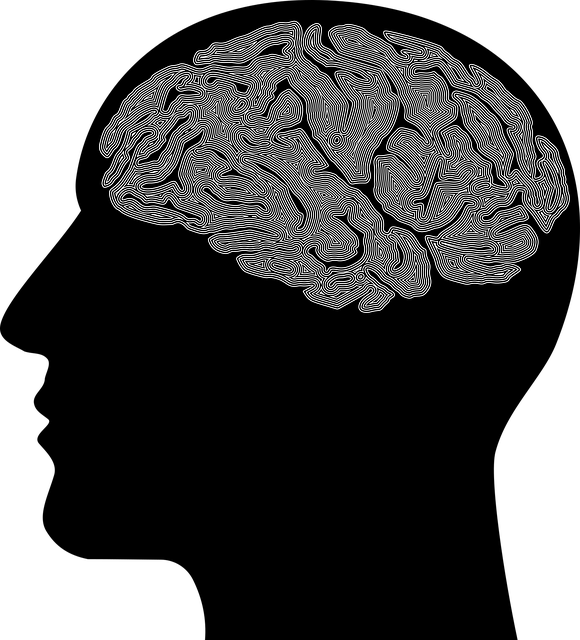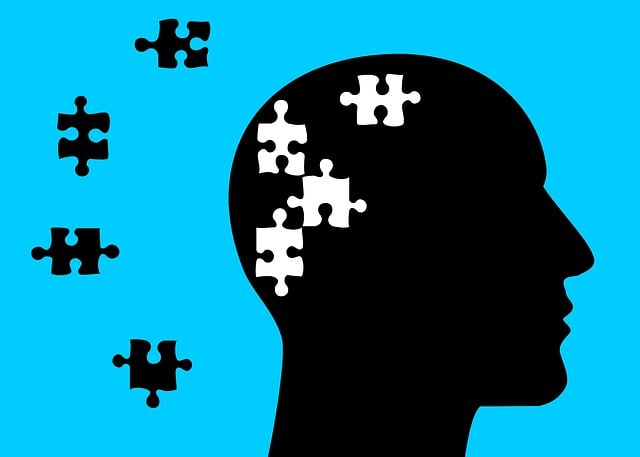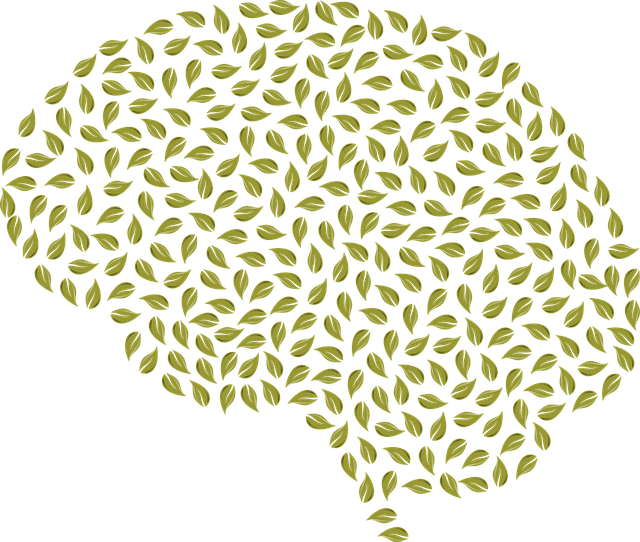Emotional intelligence (EI/EQ) is a powerful asset for personal and professional success, especially in stressful fields like healthcare where burnout is prevalent. Organizations like Wheat Ridge Mental Health Evaluations Therapy play a crucial role in fostering EI through self-reflection tools, coping skills development, and evidence-based practices. By enhancing communication, empathy, and emotional awareness, individuals can improve patient care, boost job satisfaction, and maintain mental well-being, making EQ a key driver for personal growth and stronger interpersonal relationships. Wheat Ridge offers specialized therapy sessions to cultivate self-awareness and teach adaptive strategies for managing stress, improving communication, and understanding others' perspectives.
Emotional intelligence (EQ) is a powerful tool for navigating life’s complexities. Understanding and cultivating EQ can significantly impact our mental health, relationships, and overall well-being. This article delves into the fundamental concept of emotional intelligence, exploring its benefits on mental health and providing practical strategies for enhancement. We also discuss assessment tools like Wheat Ridge Mental Health Evaluations and therapeutic approaches, offering a comprehensive guide to boosting your emotional awareness through therapy and day-to-day practices.
- Understanding Emotional Intelligence: A Fundamental Concept
- The Impact of Emotional Intelligence on Mental Health
- Assessing Your Emotional Intelligence: Wheat Ridge Mental Health Evaluations
- Cultivating Emotional Intelligence Through Therapy
- Practical Strategies for Enhancing Daily Emotional Awareness
Understanding Emotional Intelligence: A Fundamental Concept

Emotional intelligence (EI) is a fundamental concept that goes beyond basic emotional awareness. It involves recognizing and managing one’s own emotions, as well as understanding and empathizing with others’ feelings. This complex skill set enables individuals to navigate relationships, make thoughtful decisions, and foster healthy environments at home, work, and beyond. For instance, Wheat Ridge Mental Health Evaluations and Therapy can play a pivotal role in developing EI by providing tools for self-reflection and coping skills development.
In the context of healthcare, where Burnout Prevention Strategies for Healthcare Providers are increasingly important, EI acts as a shield against professional exhaustion. By cultivating emotional intelligence, healthcare providers can enhance patient care through improved communication and empathetic interactions. This not only benefits individual practitioners but also contributes to overall organizational health, reducing Burnout Prevention efforts while promoting job satisfaction and resilience among healthcare teams.
The Impact of Emotional Intelligence on Mental Health

Emotional intelligence (EQ) plays a pivotal role in maintaining and enhancing mental health, as evidenced by Wheat Ridge Mental Health Evaluations and Therapy. High EQ individuals are better equipped to navigate life’s challenges, leading to improved resilience against stress and anxiety. By understanding their emotions and those of others, they can foster healthier relationships and create supportive social networks, all contributing to a more positive mindset.
Moreover, emotional intelligence facilitates effective mood management and self-esteem improvement. It enables individuals to recognize and regulate their feelings, leading to better decision-making and enhanced coping mechanisms. Compassion cultivation practices, integral to EQ development, have been shown to reduce symptoms of depression and promote overall well-being. These skills, when cultivated, allow for a more profound sense of self-awareness, empathy towards others, and a compassionate approach to life’s ups and downs.
Assessing Your Emotional Intelligence: Wheat Ridge Mental Health Evaluations

Emotional intelligence is a crucial aspect of our personal and professional lives, but how do we know if we’re on track to developing it? One effective way to assess your emotional intelligence is through Wheat Ridge Mental Health Evaluations. These evaluations provide a structured framework to understand your emotional capabilities and areas for growth. By engaging in therapy with qualified mental health professionals, you can gain valuable insights into your emotional responses and learn effective coping strategies.
Wheat Ridge Mental Health Evaluations go beyond simple self-assessment by incorporating evidence-based practices such as compassion cultivation and trauma support services. These evaluations help individuals identify patterns of behavior and emotional triggers, fostering a deeper understanding of oneself. Public awareness campaigns around emotional intelligence development further underscore the importance of these assessments in promoting mental well-being and enhancing interpersonal relationships.
Cultivating Emotional Intelligence Through Therapy

Emotional intelligence is a powerful tool for personal growth and improved relationships. One of the most effective ways to cultivate emotional intelligence is through therapy, available at Wheat Ridge Mental Health Evaluations. This therapeutic process helps individuals develop self-awareness, an essential component of emotional intelligence. By exploring their emotions, thoughts, and behaviors, clients gain valuable insights into what drives them and how to respond to various situations in a healthier way.
Wheat Ridge Mental Health Evaluations offers specialized therapy sessions designed to enhance mental wellness and boost confidence. Skilled therapists provide a safe space for clients to process their feelings, navigate challenging emotions, and learn effective coping strategies. Through regular therapy sessions, individuals can improve their ability to manage stress, understand others’ perspectives, and communicate openly, all of which contribute to building strong emotional intelligence.
Practical Strategies for Enhancing Daily Emotional Awareness

Emotional awareness is a cornerstone of emotional intelligence and can be cultivated through simple yet powerful practices. One effective strategy is to engage in regular self-reflection. Dedicate a few minutes each day to assess your emotions, thoughts, and triggers. Consider keeping a journal to track patterns and identify recurring feelings. This practice, often facilitated by Wheat Ridge Mental Health Evaluations Therapy, allows individuals to develop a deeper understanding of their emotional responses and gain valuable insights into what triggers them.
Another practical approach is to practice mindfulness throughout the day. Be present in the moment, paying attention to your senses and emotions without judgment. Simple activities like mindful breathing exercises, meditation, or even taking a short walk can help calibrate your emotional awareness. For mental health professionals, this heightened awareness can significantly improve crisis intervention guidance and risk assessment. Additionally, incorporating these practices into daily routines may aid in burnout prevention strategies for healthcare providers, fostering better self-care and resilience.
Emotional intelligence, a powerful tool for personal growth, significantly influences mental health and overall well-being. By understanding its fundamental concept and assessing it through methods like Wheat Ridge Mental Health Evaluations, individuals can identify areas for improvement. Therapy plays a pivotal role in cultivating emotional intelligence, enabling people to navigate life’s challenges with greater resilience. Incorporating practical strategies for daily emotional awareness further enhances this process, fostering healthier relationships and an improved quality of life. With the right tools and support, building emotional intelligence is accessible to everyone, leading to profound personal transformations.












